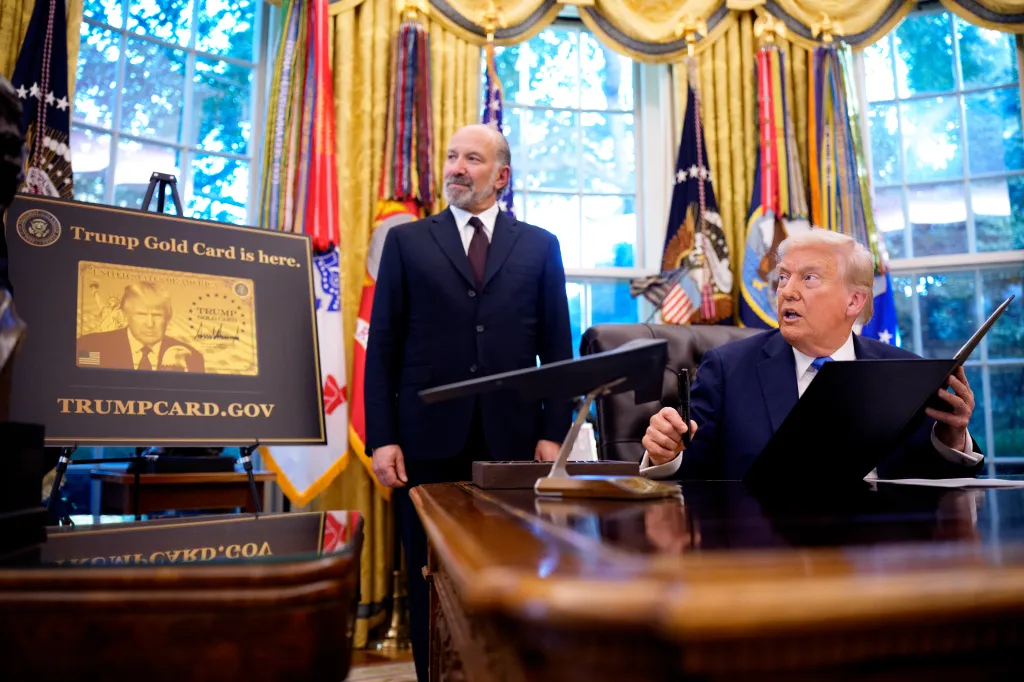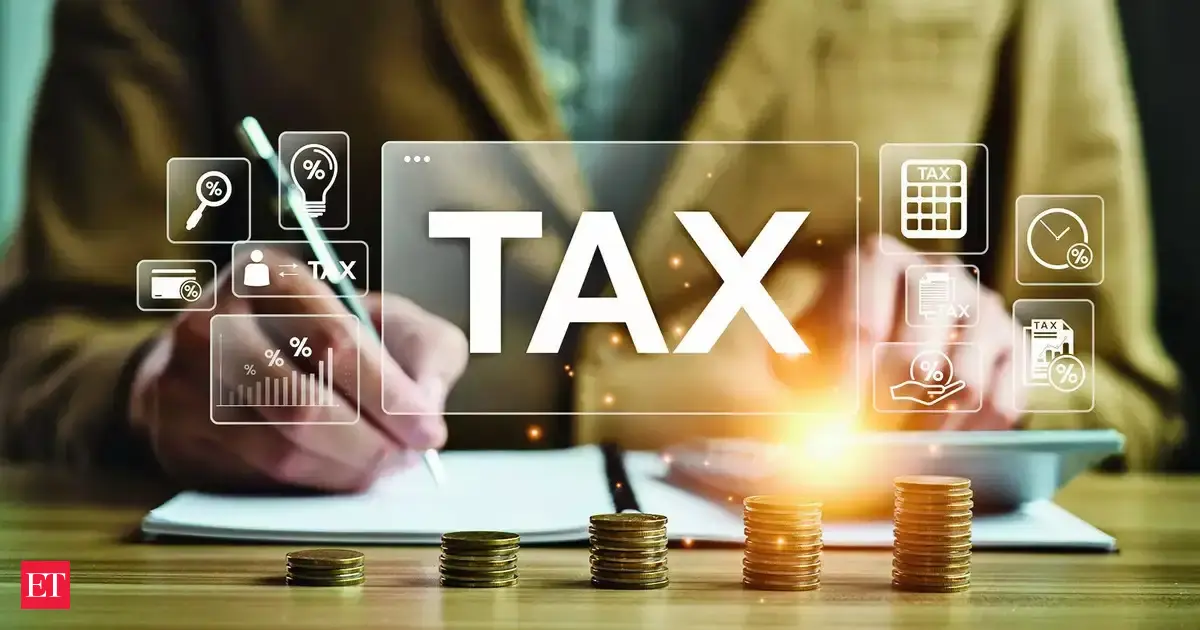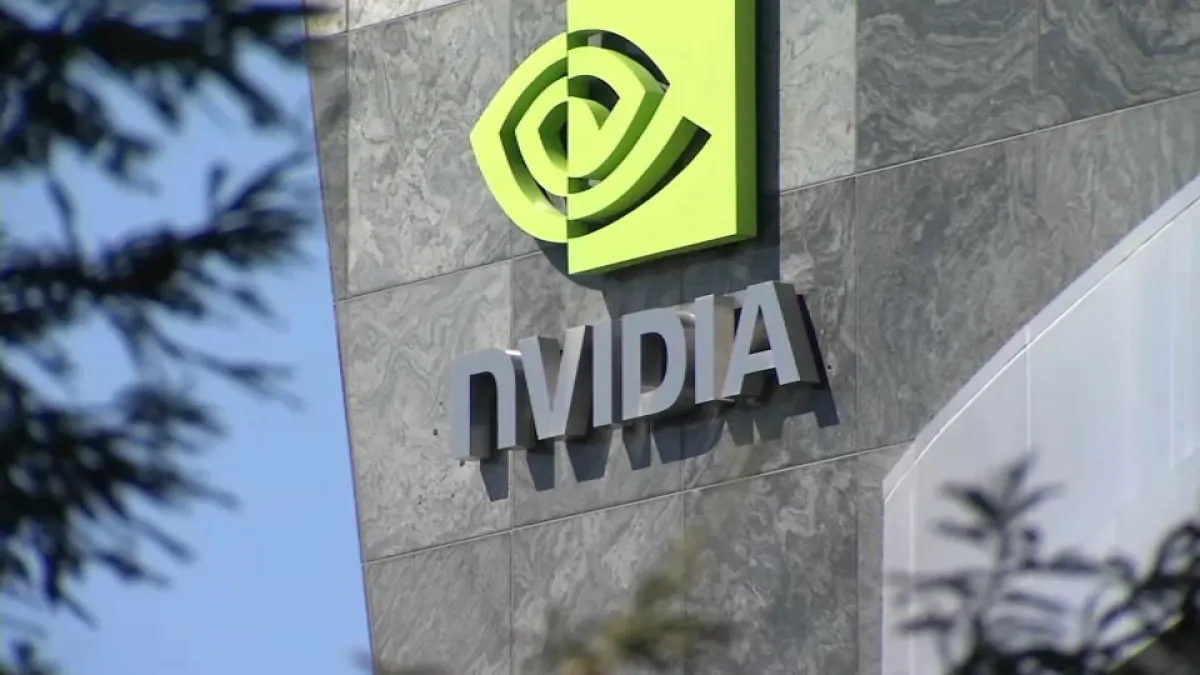Copyright The Mercury News

America’s innovation economy is the global leader in imagining, designing and deploying the most cutting-edge technologies, whether in artificial intelligence, quantum computing or autonomous vehicles. But the Trump administration’s recent alteration to the immigration landscape with a new six-figure fee on foreign workers threatens to reduce innovation breakthroughs and make business more expensive for entrepreneurs and innovators of all sizes in California. In September, President Trump signed a proclamation that slapped a $100,000 fee on new H-1B visa petitions for workers outside the United States. (This visa had cost a few thousand dollars before this recent change.) The petitions are submitted to the U.S. Citizenship and Immigration Services by research institutions, entrepreneurs and industry employers on behalf of applicants who qualify for consideration given their advanced technical education and ability to help organizations fill critical tech roles. The proclamation asserts that the fee is necessary to counteract lowered wages, fewer job opportunities for domestic workers and increased threats to national security. But the history of H-1B visas for foreign-based workers — and the contributions of immigrant workers in general — reveals a stronger domestic economy due to their presence. Immigrants have founded more than half of all billion-dollar startups (aka unicorns), according to the National Foundation for American Policy’s 2022 study. The nonpartisan think tank’s research also shows immigrants have founded or cofounded nearly two-thirds of the top AI companies in the U.S. Immigrants also propel cutting-edge research, as revealed by the recent crop of Nobel laureates whose work at American institutions helped garner international acclaim. Consider that three of the six U.S. winners in 2025’s Nobel Prize science categories are immigrants. Immigrants don’t just assist with our innovation: they help drive it forward. Another justification for this administration’s new fee is the claim that skilled immigration undermines national security because it discourages American students from entering careers in technology and science by depressing wages in those fields. The research here easily swats down those claims. Studies have shown that the overwhelming majority of employers who hired H-1B workers offered wages to those workers that were greater than the prevailing wage for those roles. In fairness, there is a connection between immigration and economic and national security. But the Trump administration gets it backwards. The ability to attract and retain the best technology workers from around the world has been vital to the success of Silicon Valley and the broader American economy. Entrepreneurs want to be here because there is a critical mass of smart people, necessary supporting capital, and a culture that thrives on pushing what is possible. It seems to make sense that we should want immigrants creating companies and jobs here rather than in the countries of our global competitors. What are the likely consequences for American innovation if the new six-figure fee is retained? Smaller startups will likely not be able to afford the talent they need to viably pursue their innovation, and mergers and acquisition activity will slow. There will be fewer innovations and breakthroughs for consumers, the government and the private sector. And the brightest international minds will seek more welcoming innovation regions, founding companies that could have been based here but that will instead compete against American enterprises. The H-1B visa fee is a “lose-lose,” but it doesn’t have to be. The fee has a term of 12-months, and if the administration is serious about preserving and promoting America’s innovation leadership, the idea will be scrapped well before then. Peter Leroe-Munoz is senior vice president of innovation and technology policy as well as general counsel for the Bay Area Council, a regional economic policy organization.



